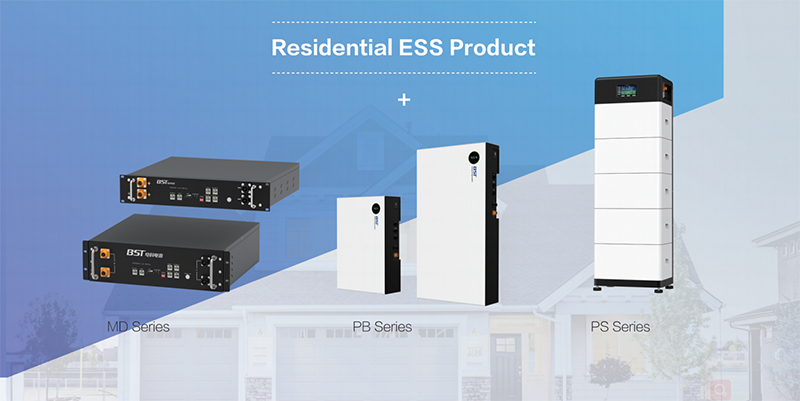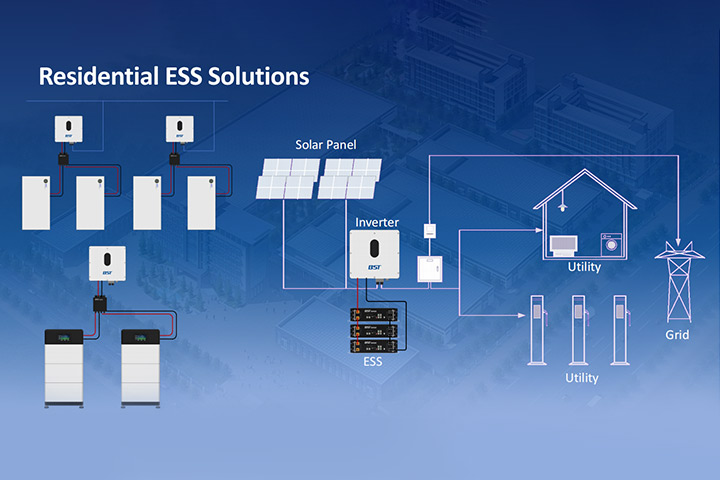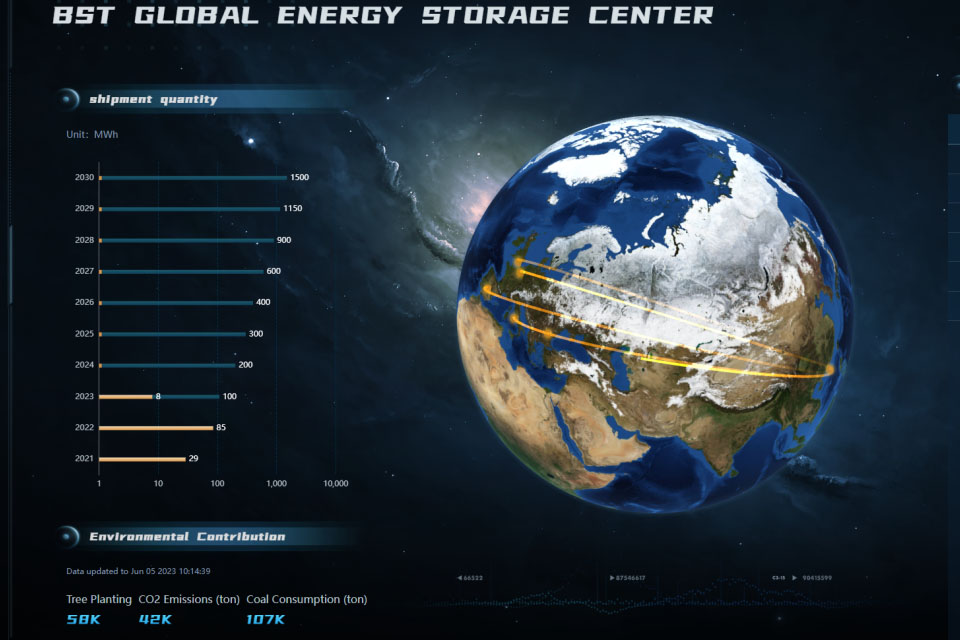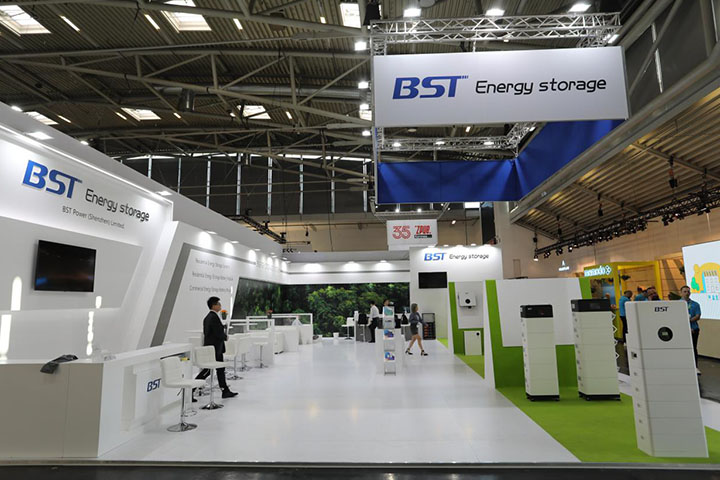The global transition to low-carbon living is accelerating, and the energy storage market is crucial in supporting this shift. According to recent data, the global energy storage market is expected to grow significantly, with installed capacity projected to rise from 203 GWh in 2022 to over 1,000 GWh by 2028, representing a fivefold increase. This expansion is driven by the increasing need for sustainable energy solutions, particularly as countries strive to meet aggressive decarbonization targets. Among various energy storage technologies, Battery Energy Storage Systems (BESS) stand out for integrating renewable energy into the grid, stabilizing energy supply, and providing power backup during critical times. These systems have become a key enabler in achieving a cleaner, more resilient energy future.
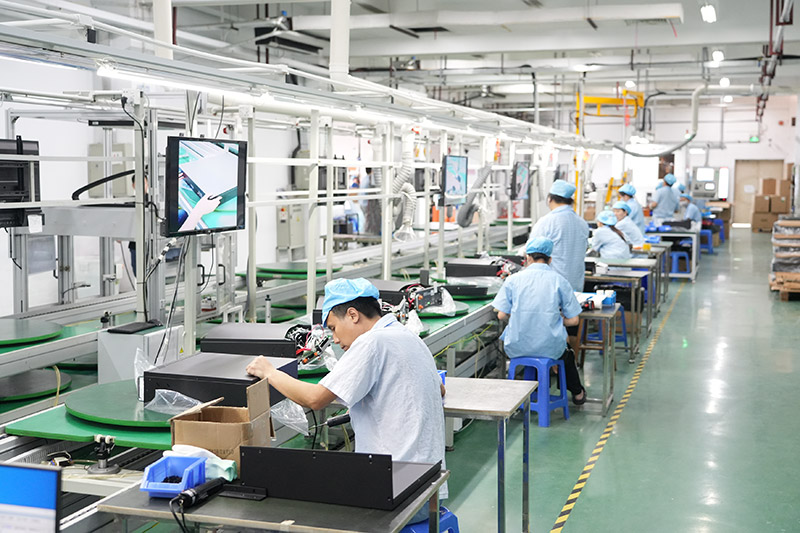
What is an Energy Storage System?
An Energy Storage System (ESS) is a technology that captures energy produced at one time and stores it for use at a later time. ESS solutions can vary, including mechanical storage like flywheels, thermal storage, and chemical storage such as batteries. BESS specifically uses rechargeable batteries, typically lithium-ion, to store electricity that can later be discharged when needed. These systems are increasingly used in conjunction with renewable energy sources like solar and wind, which are variable. BESS helps balance supply and demand, enabling consumers to store excess energy generated during times of surplus (e.g., sunny days for solar power) and draw from that energy during periods of low production (e.g., nighttime or cloudy days).
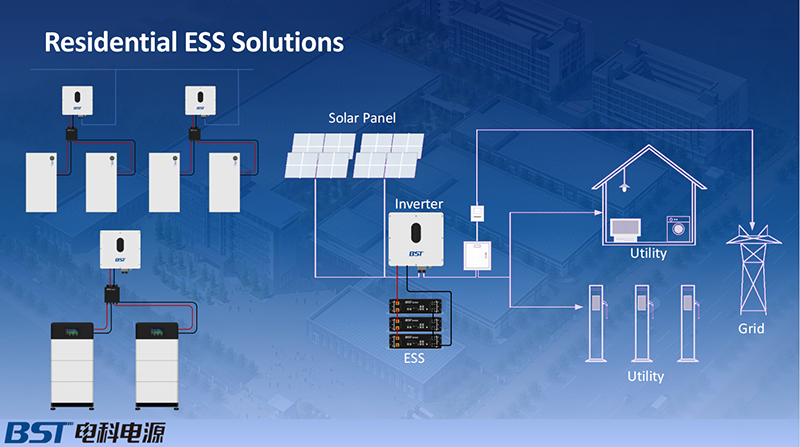
For consumers, BESS provides a seamless solution to manage their energy needs more effectively, while also supporting broader environmental goals. The following sections will analyze the five key benefits of Battery Energy Storage Systems (BESS) from a consumer perspective.
1. Green Energy, Environmentally Friendly
One of the most compelling reasons for consumers to adopt BESS is its support for green energy solutions. Renewable energy sources like solar and wind are highly dependent on environmental conditions, making them inherently variable. BESS allows consumers to store renewable energy when it is abundant and use it when generation is low, thus maximizing the consumption of clean energy. For instance, homeowners who have installed solar panels can store excess energy produced during the day and use it at night when their panels are no longer generating electricity.
This benefit extends beyond convenience—it actively contributes to environmental sustainability. Using stored renewable energy reduces reliance on traditional fossil fuel-based power, which is responsible for a significant portion of global carbon emissions. Data shows that renewable energy coupled with BESS can cut overall CO2 emissions by as much as 30% by 2030, playing a vital role in mitigating climate change. For consumers who are increasingly concerned with their environmental impact, BESS offers a way to reduce their carbon footprint, support clean energy, and contribute to global climate goals.
2. Modularity and Flexibility
A key advantage of BESS for consumers is its modularity and flexibility. Unlike traditional energy infrastructure, which requires substantial upfront investment and long-term planning, BESS offers a scalable solution that can be adjusted to fit a range of energy needs. Whether for residential use or large-scale commercial operations, BESS can be tailored and expanded as energy demands evolve.
For example, a small household may initially install a modest system to store solar energy for essential appliances. As energy needs grow—perhaps with the installation of more solar panels or an increase in electricity consumption—the battery system can be expanded by adding more modules. This flexibility also applies to businesses, which can scale their BESS installations according to changing operational requirements. This modularity makes it easier for consumers to start small, evaluate their energy needs, and gradually expand without the need for large-scale infrastructure upgrades. For businesses, especially those in sectors with fluctuating energy demands, this flexibility is invaluable, enabling them to manage costs more effectively while scaling energy solutions over time.
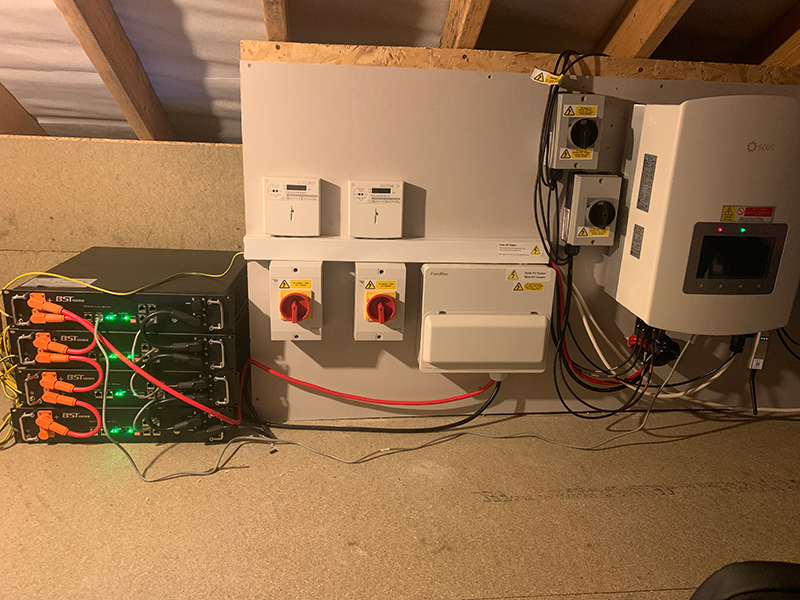
Moreover, BESS can be customized for a wide variety of applications, from residential to commercial and even utility-scale projects. This adaptability ensures that consumers are not locked into a rigid system but can modify and enhance their energy storage capabilities as necessary, which is especially valuable in an era of rapidly changing energy needs.
3. Enhanced Energy Efficiency
Enhanced energy efficiency is another important benefit that resonates strongly with consumers. With traditional power grids, energy must be consumed as soon as it is generated, leading to inefficiencies when demand is low. Energy storage systems, and specifically BESS, address this issue by storing surplus energy that can be used when demand rises. This results in more efficient energy usage and minimizes waste.
From a consumer perspective, this increased efficiency translates directly into cost savings. For residential users, BESS enables the storage of cheaper off-peak electricity for use during peak demand hours, when electricity rates are often higher. By shifting energy consumption from expensive peak periods to lower-cost off-peak times, consumers can substantially reduce their utility bills. Similarly, businesses can utilize BESS to optimize their energy consumption by storing power during off-peak hours and using it when operational demands increase.
Additionally, BESS systems help prevent grid overloads by balancing energy supply and demand. During periods of high demand, stored energy can be discharged to avoid straining the grid, reducing the need for additional generation capacity from conventional, often polluting, sources. Studies show that improving energy efficiency through the use of BESS can lead to energy savings of up to 15-20% for consumers. This not only benefits individual households and businesses but also contributes to a more stable and reliable energy grid.
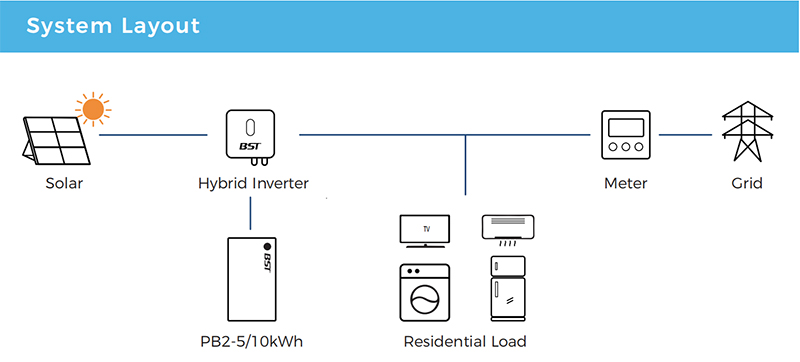
4. Reduced Carbon Emissions
For environmentally conscious consumers, one of the most appealing aspects of BESS is its ability to reduce carbon emissions. By facilitating the use of clean, renewable energy in place of grid electricity generated from fossil fuels, BESS directly contributes to lowering overall greenhouse gas emissions. This reduction in emissions is particularly important for regions where the electricity grid is still largely dependent on coal, gas, or oil for power generation.
For example, a homeowner with a solar-powered BESS setup can store and use solar energy throughout the day and night, significantly reducing or eliminating the need for electricity from coal-fired power plants. The cumulative impact of many households and businesses switching to BESS can result in a significant reduction in carbon emissions. According to estimates, widespread adoption of BESS could cut global carbon emissions by 1.5 gigatons annually by 2035. This makes BESS an essential tool in the fight against climate change.
For consumers, adopting BESS aligns with broader sustainability goals and contributes to cleaner air and a healthier environment. Beyond individual benefits, widespread use of BESS supports national and global climate action plans, helping to meet ambitious emissions reduction targets.
5. Power Backup and Energy Security
Energy security and reliability are critical concerns for consumers, particularly in regions prone to power outages or where the energy grid is unstable. BESS offers a robust solution by providing reliable backup power in case of grid failures. This is particularly valuable for residential consumers who need continuous power for essential services, such as refrigeration, lighting, and heating. For businesses, BESS can prevent costly downtime caused by power outages, ensuring operational continuity even during grid disruptions.
For example, a manufacturing facility that experiences an unexpected power outage could face significant operational losses due to halted production. However, with BESS, the facility can continue operating smoothly, avoiding interruptions and minimizing losses. Similarly, for households, BESS offers peace of mind by ensuring that critical appliances and devices remain powered during emergencies. This is particularly important for homes with medical devices that rely on continuous electricity or in regions where natural disasters frequently disrupt grid power.

Moreover, BESS enhances energy security by allowing consumers to become more independent from the grid. For homeowners with solar panels, BESS ensures that they can rely on their own generated energy, reducing dependency on external energy providers and protecting against price fluctuations. As energy markets become more volatile, this increased self-sufficiency is a valuable asset for consumers.
Summary and Future Outlook
In conclusion, Battery Energy Storage Systems (BESS) offer significant advantages to consumers, including the ability to harness green energy, flexibility through modularity, enhanced energy efficiency, reduced carbon emissions, and improved energy security. These benefits position BESS as a key component in the shift toward a more sustainable and resilient energy future.
Looking ahead, the energy storage market is set to expand rapidly, with significant technological advancements expected in the next 3-5 years. Battery costs are projected to continue declining, making BESS more accessible to a broader range of consumers. At the same time, innovations in battery technology—such as increased energy density and faster charging times—will further enhance the performance and appeal of BESS. By 2028, the global BESS market is expected to exceed $120 billion, as demand for reliable, sustainable energy solutions continues to grow.

As more consumers recognize the environmental, financial, and security benefits of BESS, adoption rates are expected to soar, helping to accelerate the global transition to a low-carbon energy system. With its ability to bridge the gap between renewable energy production and consumption, BESS will remain a critical enabler of clean energy integration, contributing to a more sustainable, resilient, and energy-secure world.
